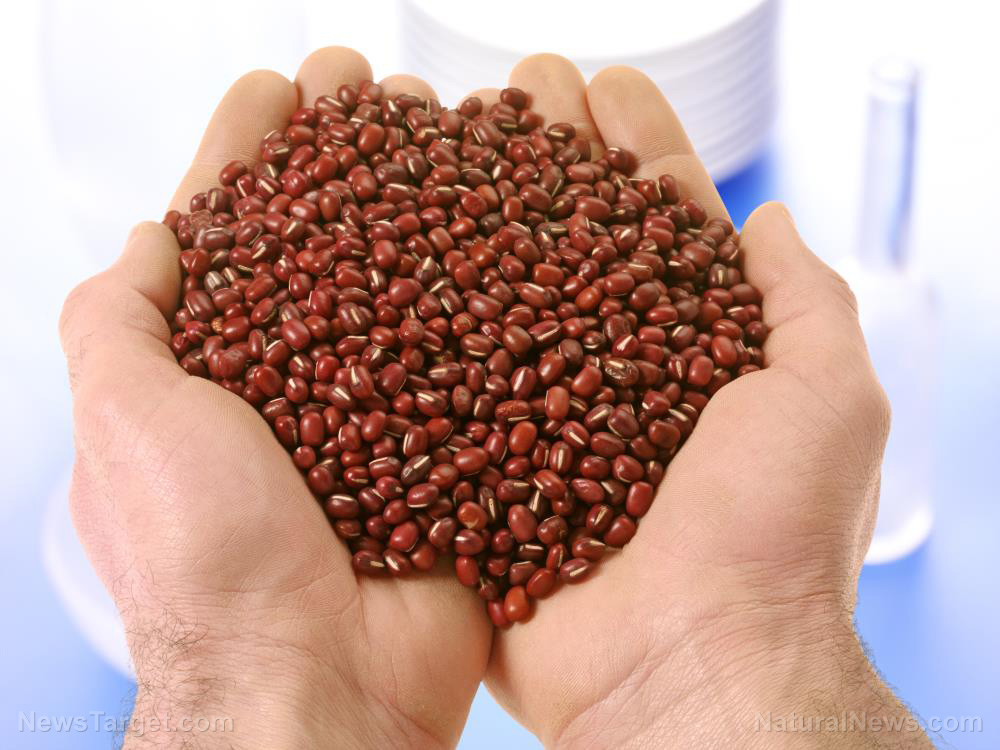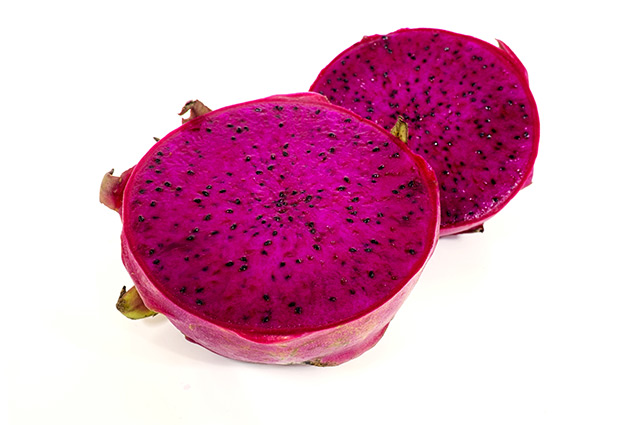Confirmed: Broccoli improves digestive health and protects against toxins, reducing inflammation
10/17/2017 / By Michelle Simmons

A new study has discovered a new health benefit of broccoli: It improves digestive health and protects against toxins, according to a Science Daily report.
Researchers from Pennyslvania State University examined how cruciferous vegetables, such as broccoli, cauliflower, and sprouts, can improve digestive health and protect the gut from toxins.
“There are a lot of reasons we want to explore helping with gastrointestinal health and one reason is if you have problems, like a leaky gut, and start to suffer inflammation, that may then lead to other conditions, like arthritis and heart disease,” explained Gary Perdew, lead author of the study.
Perdew and his team conducted an experiment on two groups of laboratory rats: one with a higher ability to retain a healthy balance in the gut flora and protect against toxins and one with a lower ability. They added broccoli, which accounted for about 15 percent of the diet of the rats in both groups. Then, they added a substance that caused digestive problems to the meals.
The scientists suggested that cruciferous vegetables contain indole glucosinolates, an organic chemical compound. When digested, it breaks down into other compounds such as indolocarbazole in the stomach. These substances bind to and stimulate a receptor in the lining of the intestines known as aryl hydrocarbon receptor, which sustains gut health and provides barrier function. Furthermore, this may lower the risk of developing diseases, such as different types of cancers and Crohn’s Disease, brought about by inflammation in the lining of the gut.
Results showed that the mice with a higher binding ability can endure digestive problems linked with a leaky gut and colitis compared to the group of mice with a lower binding ability.
“Keeping your gut healthy and making sure you have a good barrier functions so you’re not getting this leaky effect would be really big,” Perdew said.
He explained that good barrier functions help protect the intestines from toxins and harmful microorganisms. At the same time, nutrients are allowed to pass into the system.
For the equivalent in humans, consuming about 3.5 cups of broccoli per day is needed to get the health benefits of broccoli, according to the researchers.
In addition, Perdew suggested that a cup of brussels sprouts could give the same level as they contain three times as much indole glucosinolates as broccoli.
“We used a cultivar – or a variety – with about half the amount of this chemical in it, and there are cultivars with twice as much,” he said.
The study, published in the Journal of Functional Foods, may pave the way for future studies on how people with digestive conditions such as colitis can benefit from eating broccoli without having digestive problems, as they are often advised not to consume too much fibrous vegetables.
More on the leaky gut syndrome
Leaky gut syndrome is said to be a root cause of different health problems. The proponents of leaky gut syndrome believe that the bowel in the lining can become irritated and leaky due to different factors such as overgrowth of yeast or bacteria in the gut, a poor diet, and the overuse of antibiotics, according to the U.K.’s National Health Service. Moreover, undigested food, bacterial toxins, and germs can pass through the leaky gut wall and into the bloodstream, which triggers the immune system and leads to inflammation. (Related: What causes leaky gut syndrome and how to heal the intestines.)
Read more news about the health benefits of vegetables at Veggie.news.
Sources include:
Tagged Under: broccoli, Brussels sprouts, cauliflower, cruciferous vegetables, digestive health, gut health, inflammation, leaky gut syndrome



















